I think I'm missing something very simple here. I have a simple, one page node.js app that uses nodemailer to email any form data to my inbox.
My index.js file:
var express = require('express');
var app = express();
var bodyParser = require('body-parser');
var nodemailer = require('nodemailer');
app.use(bodyParser.urlencoded({ extended: false }));
app.use(bodyParser.json());
var transporter = nodemailer.createTransport({
service: 'gmail',
auth: {
user: 'myemail@gmail.com',
pass: 'mypassword'
}
});
app.use(express.static('public')); //public folder with my html files
app.get('', function (req, res) {
res.sendFile(__dirname + "/");
})
app.post('/', function (req, res) {
response = {
name: req.body.name,
email: req.body.email,
message: req.body.message
};
var mailClient = {
from: 'myemail@gmail.com',
to: 'myemail@gmail.com',
subject: `Message from ${response.name}`,
text: 'MyMessage'
};
transporter.sendMail(mailClient, function (error, info) {
if (error) {
console.log(error); //not happening
} else {
res.redirect("/success.html"); //also not happening
}
});
})
var server = app.listen(80, function () {
var host = server.address().address
var port = server.address().port
console.log("App listening at http://%s:%s", host, port)
})
When I run this on my local machine using npm start in the root directory, the app runs perfectly fine on localhost. Nodemailer works properly; when I submit, my form data gets emailed to myself and I get redirected to my success page.
However, when I deploy this to Firebase, it seems the nodemailer part doesn't work. The page loads in with my static files, but when I try to submit anything via the form, the page simply refreshes (like when you have a submit button with bare html), instead of redirecting me to my success page and emailing data.
Is there something I need to change in my code to make it work with firebase?
